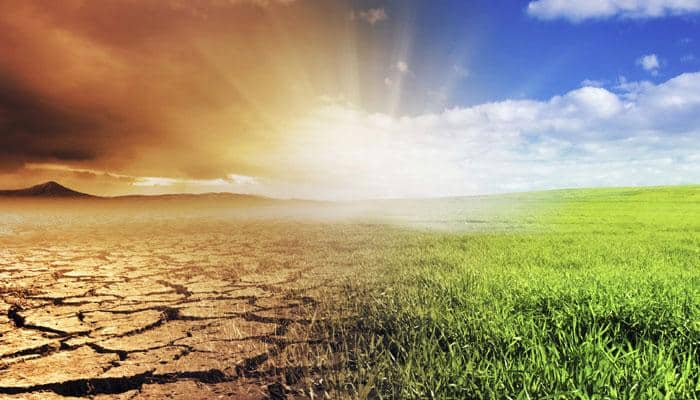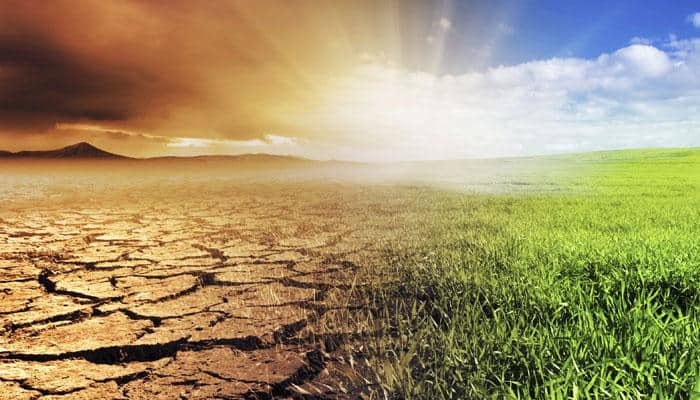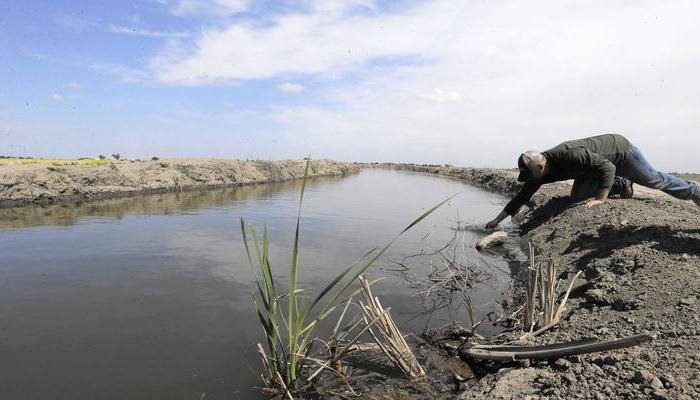Human activity the reason behind climate change, reveals study
The study shows that warming began during the early stages of the industrial revolution and was first detected in the Arctic and tropical oceans around the 1830s, which was later spread to Europe, Asia and North America.
Aug 26, 2016, 10:31 AM ISTHumans responsible for record-breaking hot years since 1930s: Study
The researchers examined weather events that exceeded the range of natural variability and used climate modelling to compare those events to a world without human-induced greenhouse gases.
Mar 09, 2016, 14:16 PM ISTHuman activity driving Earth into new geological era
London: The impact of human activities on the Earth has triggered a new geological era, the Anthropocene, which is marked by the spread of man-made materials such as aluminium, concrete, plastic, and fallout from nuclear testing across the planet, says a study.
"Humans have long affected the environment, but recently, there has been a rapid global spread of novel materials including aluminium, concrete and plastics, which are leaving their mark in sediments,” said Dr Colin Waters of the British Geological Survey.
Waters is part of an international team of researchers who are trying to find out to what extent are human actions recorded as measurable signals in geological strata, and whether the Anthropocene world is markedly different from the stable Holocene Epoch of the last 11,700 years that allowed human civilisation to develop, according to the University of Leicester.
The Holocene Epoch was a time in which human societies advanced by gradually domesticating the land to increase food production, built urban settlements and became proficient at developing the water, mineral and energy resources of the planet.
The proposed Anthropocene Epoch, however, is marked as a time of rapid environmental change brought by the impact of a surge in human population and increased consumption during the 'great acceleration' of the mid 20th century.
“Fossil fuel combustion has dispersed fly ash particles worldwide, pretty well coincident with the peak distribution of the 'bomb spike' of radionuclides generated by atmospheric testing of nuclear weapons," Dr. Waters noted.
"All of this shows that there is an underlying reality to the Anthropocene concept", said Jan Zalasiewicz of the University of Leicester, a co-author of the study.
The researchers found that humans have changed the Earth sufficiently to produce a range of signals in sediments and ice, and these are sufficiently distinctive to justify recognition of an Anthropocene Epoch in the geological time scale.
Mar 07, 2016, 16:32 PM ISTWorld's 33 major deltas are shrinking: Study
River deltas are land areas created by sediment that collects at the mouths of rivers as they enter slow moving or standing water like oceans and estuaries.
Feb 24, 2016, 19:13 PM ISTMan-made underwater sound may affect marine ecosystem
Underwater sound linked to human activity could alter the behaviour of seabed creatures that play a vital role in marine ecosystems, says a new research.
Feb 07, 2016, 14:26 PM ISTFast-moving rivers release more carbon dioxide like humans: Study
Scientists have discovered a surprising similarity between rivers and humans: both release more carbon dioxide when they work hard.
Nov 16, 2015, 20:49 PM IST


















